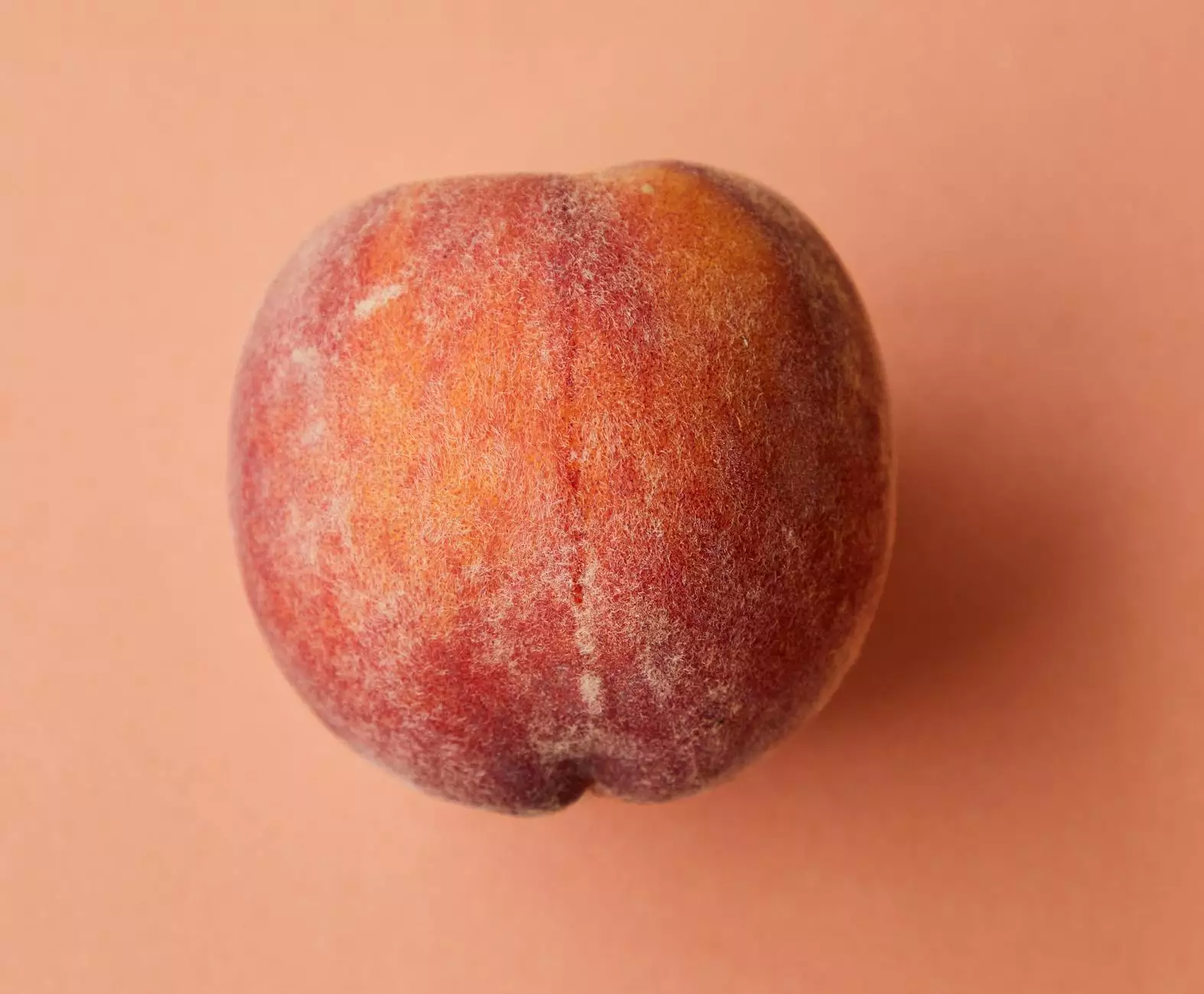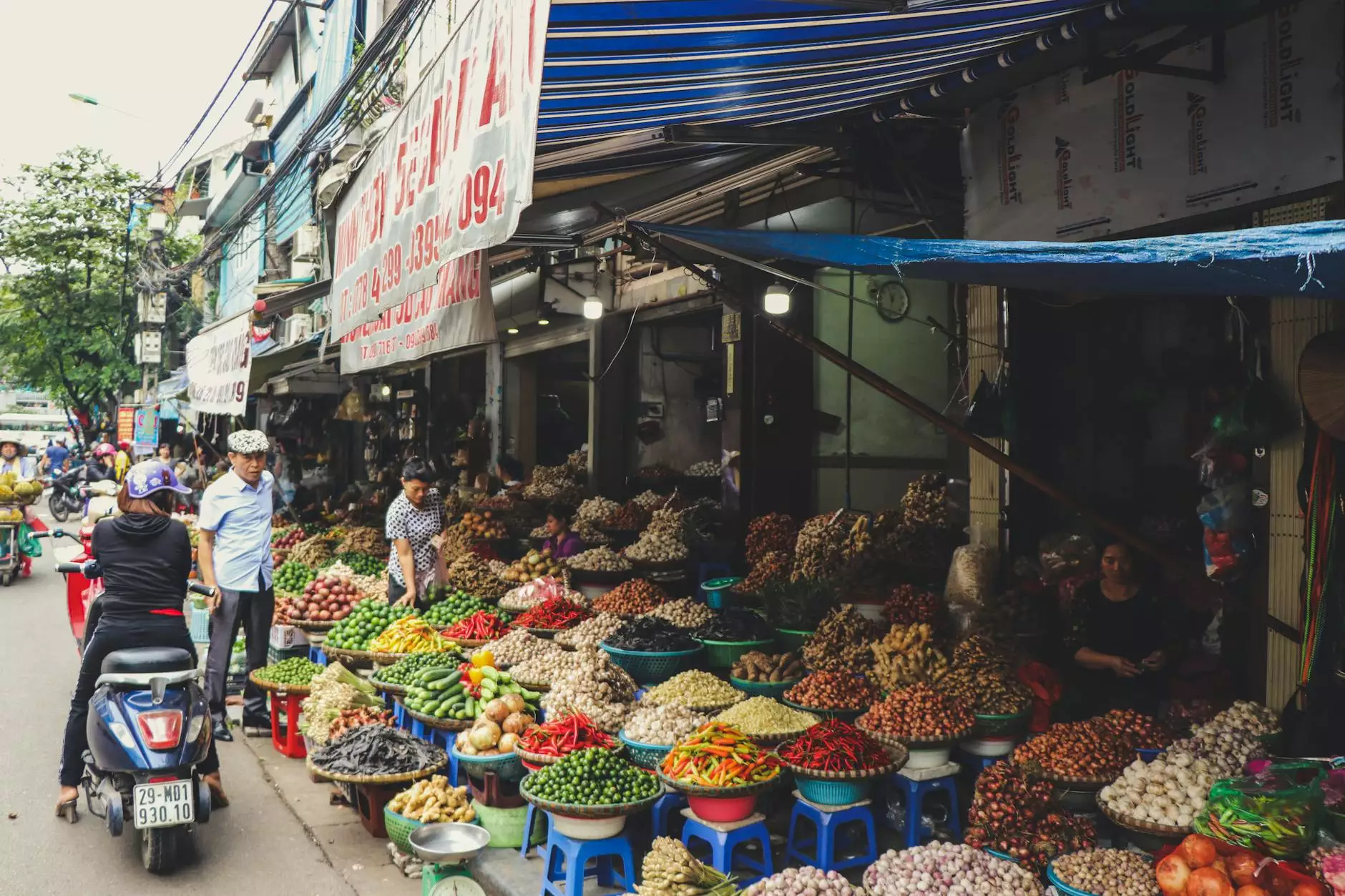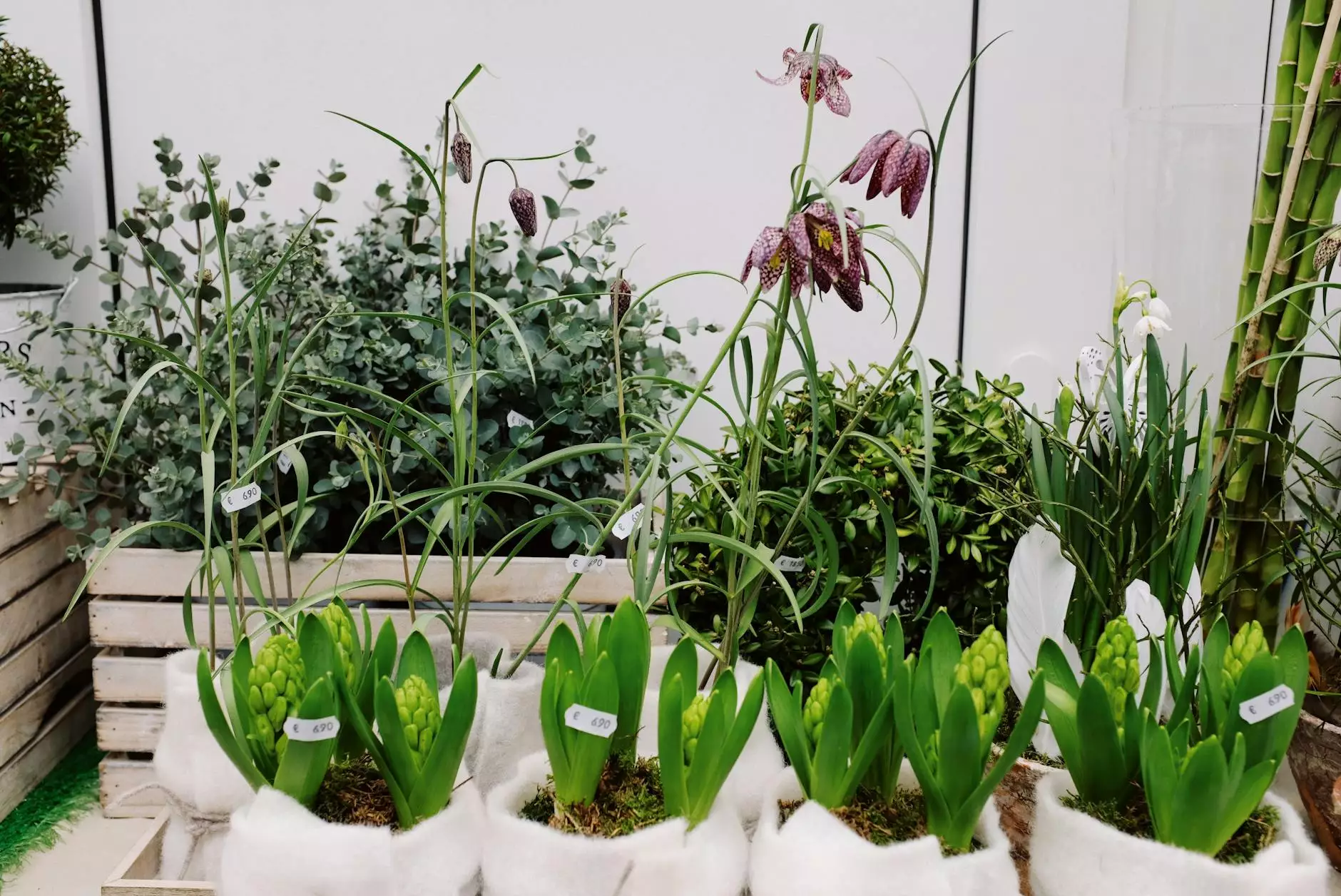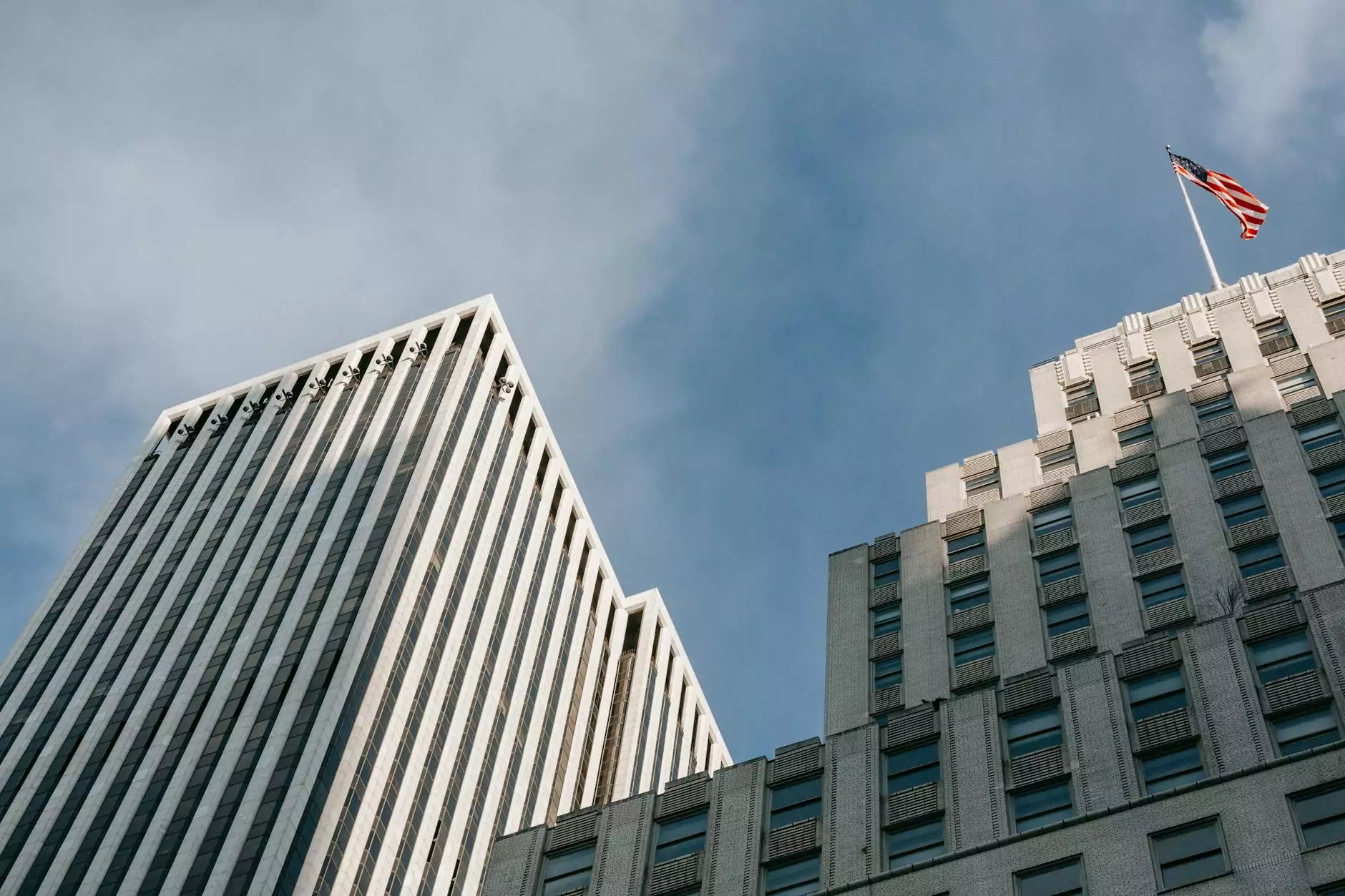Unlocking the Beauty of South African Death Rituals

The Significance of Death Rituals
In South Africa, death is seen as a significant transition from earthly life to the spiritual realm. It is an occasion to pay respect, honor the departed, and celebrate their life. South African death rituals, intertwined with cultural traditions, reflect the diversity and beauty of the country.
Understanding South African Funeral Services
Funeral services in South Africa hold immense cultural importance. They serve as a way for families and communities to come together and mourn as well as pay tribute to the deceased. South African funeral services are characterized by rituals, music, dancing, and heartfelt speeches.
Types of Funeral Services
There are various types of funeral services in South Africa, each representing different cultural practices. Some communities adhere to traditional rituals, while others blend traditional elements with modern practices. Some of the common types of funeral services include:
- African Traditional Funerals
- Christian Funerals
- Islamic Funerals
- Hindu Funerals
- Jewish Funerals
African Traditional Funerals
African traditional funerals are deeply rooted in ancestral worship and cultural practices. These funerals often involve various rituals, such as cleansing ceremonies, the slaughtering of an animal as an offering, and the burning of incense.
Christian Funerals
Christian funerals are prevalent, as the majority of South Africans are Christians. These funerals typically take place in churches and follow Christian traditions, including prayers, hymns, and scripture readings. The focus is on celebrating the life of the deceased and finding solace in religious teachings.
Islamic Funerals
Islamic funerals strictly adhere to Islamic customs and traditions. They involve washing and shrouding the body, followed by a prayer service at a mosque. The burial process is carried out as per Islamic teachings, emphasizing simplicity and humility.
Hindu Funerals
Hindu funerals in South Africa are deeply rooted in ancient Hindu rituals. They involve washing the body, adorning it with flowers, and placing it on a pyre. The cremation takes place, and the ashes are scattered in a sacred body of water.
Jewish Funerals
Jewish funerals follow Jewish customs and traditions. The body is prepared for burial according to Jewish law, and a eulogy is delivered. The deceased is laid to rest in a cemetery, and family and friends observe the traditional mourning period known as "shiva".
South African Death Rituals
South African death rituals encompass a wide array of practices, each unique to different cultural groups within the country. These rituals symbolize mourning, paying respect, and acknowledging the journey of the departed soul. Let's explore some of them:
The Importance of Ancestral Spirits
In many South African cultures, ancestors play a vital role in guiding and protecting the living. Ancestor veneration and communication with the spiritual realm are integral parts of South African death rituals. Ceremonies are held to honor and connect with ancestors.
Sacrifices and Offerings
Some South African death rituals involve the offering of sacrifices. These sacrifices can range from livestock to food and drinks, symbolizing gratitude and respect for the deceased and the ancestors. It is believed that these offerings ensure the smooth transition of the departed soul.
Dances and Music
South Africans express their grief and celebrate the life of the deceased through vibrant dances and music. Traditional dances, such as the mesmerizing "Gumboot dance" and the energetic "Pantsula," are often performed during funeral ceremonies, infusing the atmosphere with rhythmic beats and emotional connections.
Mourning Period
After the funeral, families typically observe a mourning period, allowing time for grieving and honoring the memory of the departed. This period varies across different communities and may last for several days to several weeks. It is a time for reflection, support, and coming together.
Preserving Cultural Heritage
South African death rituals not only hold immense cultural and traditional value, but they also provide an opportunity to honor and preserve the rich heritage of diverse communities. These rituals are a testament to the unity and resilience of the South African people.
Conclusion
The beauty of South African death rituals lies in their rich diversity, cultural significance, and ability to bring communities together in times of loss. Explore the unique funeral services and profound rituals that shape the mourning practices in South Africa. Embrace the traditions, celebrate the lives lived, and find solace in the bond shared by humanity across cultures.










